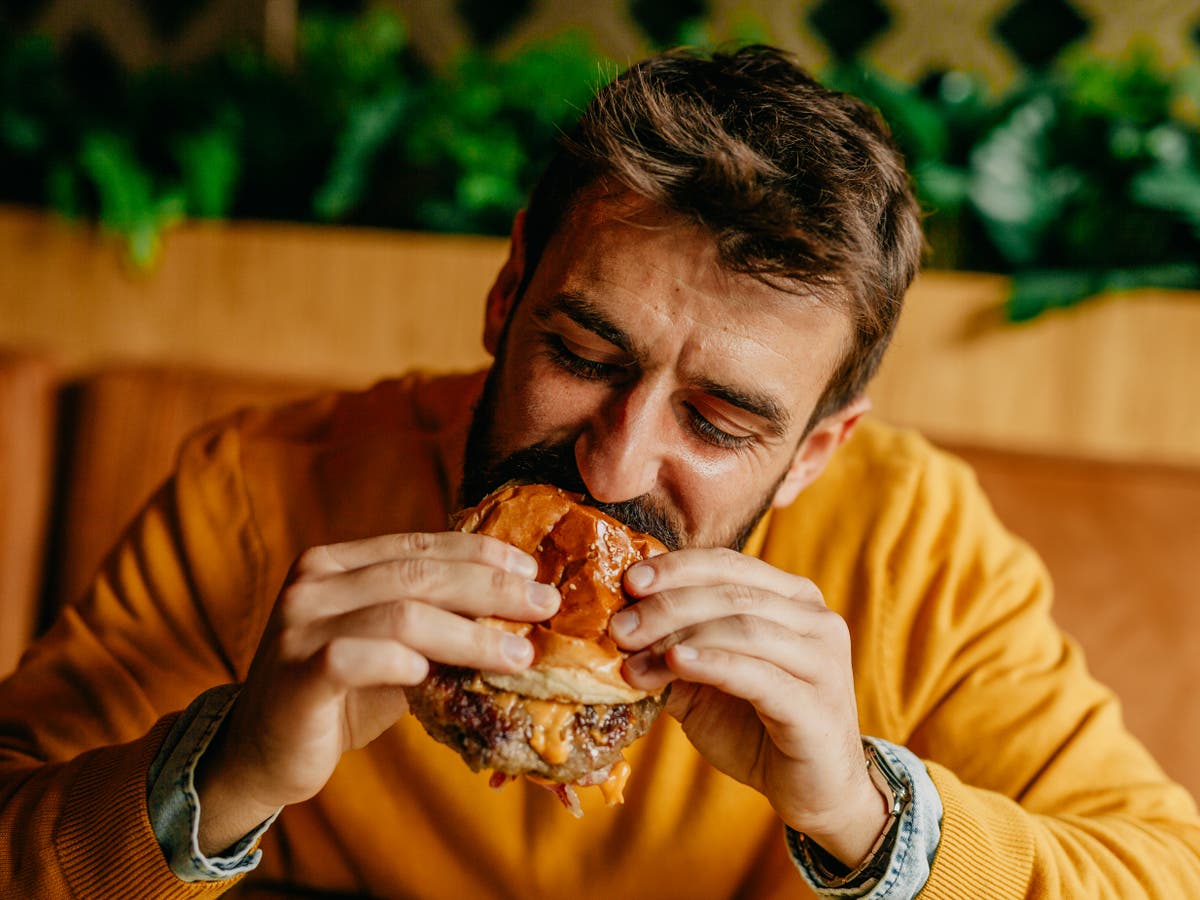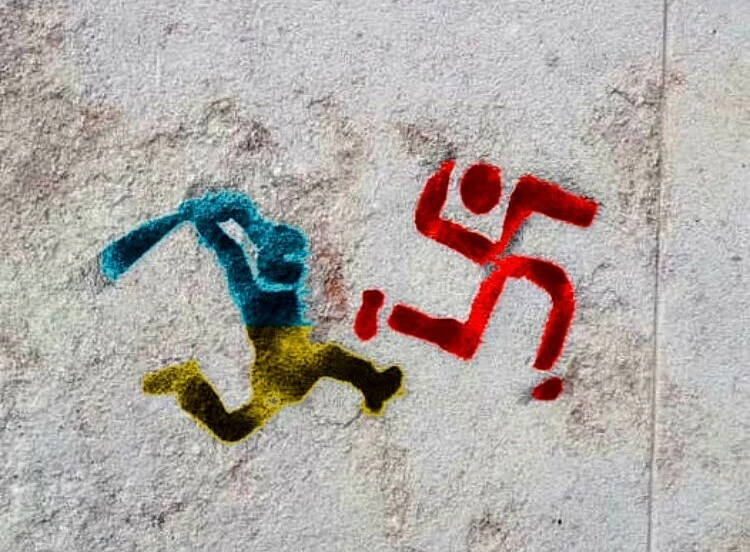Every time I read about meat and greenhouse gases I feel the need to explain the natural carbon circle. A cow does not produce carbon. It takes carbon from plants and releases it to the atmosphere. Then plants retake that carbon.
Humans are adding carbon to the atmosphere by digging out stored carbon from the ground and bring it to the atmosphere.
So we have to fix the part where we bring additional carbon to the atmosphere. But yes, there are other environmental issues with cattle if you read the op’s article.
The Biogenic Carbon Cycle and Cattle: https://clear.ucdavis.edu/explainers/biogenic-carbon-cycle-and-cattle
I feel the need to explain the natural carbon circle.
You know that the problem with ruminants is that they produce methane and not CO2 which is 25 times worse? A cow takes carbon from the ground and the bacteria creates a 25 times more potent GHG. But you are right that creating new fields and tiling the soil is a huge factor.
I feel that anyone who advocates to stop eating meat for methane reasons is a vegetarian in disguise who latched onto global climate change to push their own agenda, having failed to dissuade meat eaters on animal rights grounds. They are doing the fight against climate change a disservice by muddying the waters. If they were serious about methane specifically (which anyone concerned about GHG should be, to within (x*25)% of its contribution), they would be dedicating 10 times more of their time in researching some kind of pill to give the cows to stop them from making methane - a much more feasible outcome. But doing so does not synergize with their animal welfare goals.
I feel that anyone who advocates to stop eating meat for methane reasons is a vegetarian in disguise who latched onto global climate change to push their own agenda
funny, I feel that anyone who complains about being told eating beef is bad for the environment is just two kids in a raincoat. Good luck proving me wrong!
The other thing is that cattle needs much more space. From all the fields that we could use to grow food, a large part ends up as cattle fodder.
That’s about efficient use of land space, not related to GHG specifically other than tangentially regarding deforestation. Also elsewhere in this thread cattle was accused of being inefficient precisely because they sit in warehouses and eat cereals instead of grass. If cattle can roam pastures and eat grass, that’s an equivalent amount of cereals that did not need to be grown, farm machinery that did not need to run (on fossil fuels) to grow them, and a good amount of land possibly too hilly and rugged for any use otherwise put to productive human use through grazing.
Too bad that’s not how it works. Because beef is profitable, ranchers have all the incentive slashing and burning rainforest to make more money.
You subsidize this process every time you spend money on beef.
A cow also produces a lot of methane, a much worse greenhouse gas.
Besides, the problem isn’t the grass from cows grazing, it’s the rainforests that go down all around the world to convert to farmland to produce animal feed.
It’s much more efficient to use that farmland to feed humans than to feed cows and then feed humans (1kg of meat needs 25kg of feed)
Disclaimer - I’m not vegan but I try to reduce my meat consumption overall, especially red meats.



